Content by SDSU Extension
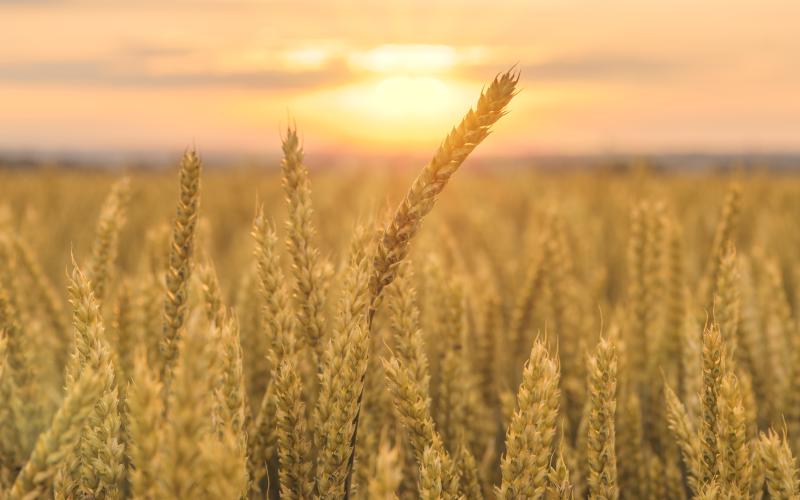
Spring Wheat Variety Trial Results
The 2025 spring wheat variety trials were planted throughout various locations in South Dakota.
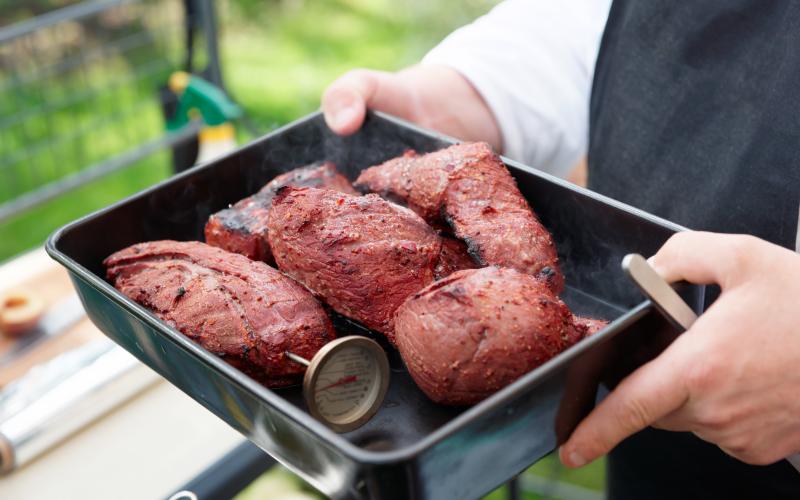
Family Food Cent$ newsletters
A monthly electronic newsletter for limited resource audiences, including information, tips and recipes.
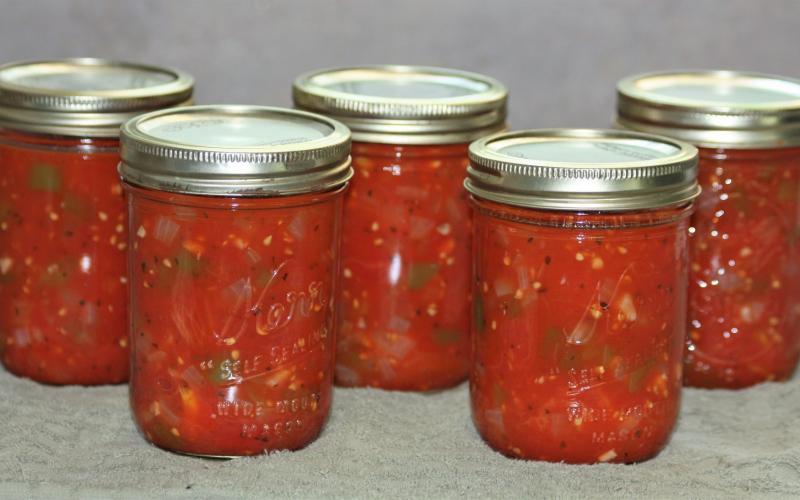
Canning on Smooth Stovetop
Learn about the Dos and Don'ts of canning on a smooth stovetop.
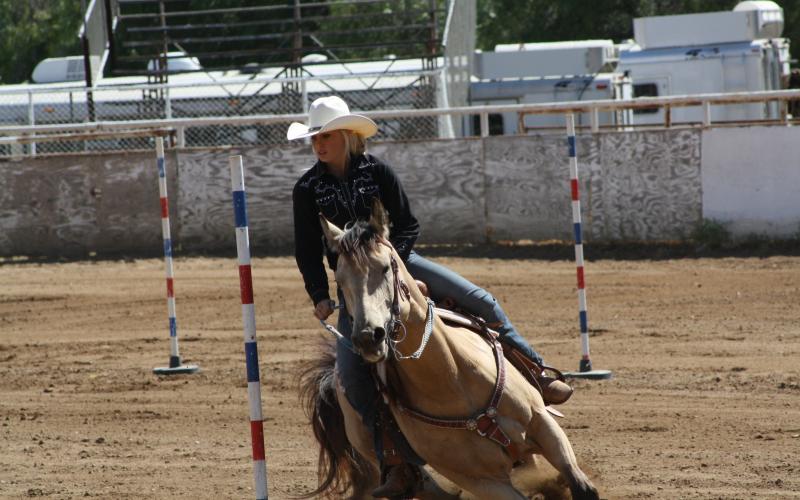
State 4-H Rodeo Resources
View the documents and forms to participate in the State 4-H Rodeo.

Volunteers
SDSU Extension volunteers participate in a variety of service programs through our organization, helping us expand the scope and effectiveness of our mission. In exchange for their service, volunteers receive training on a wide array of topics of interest to them.
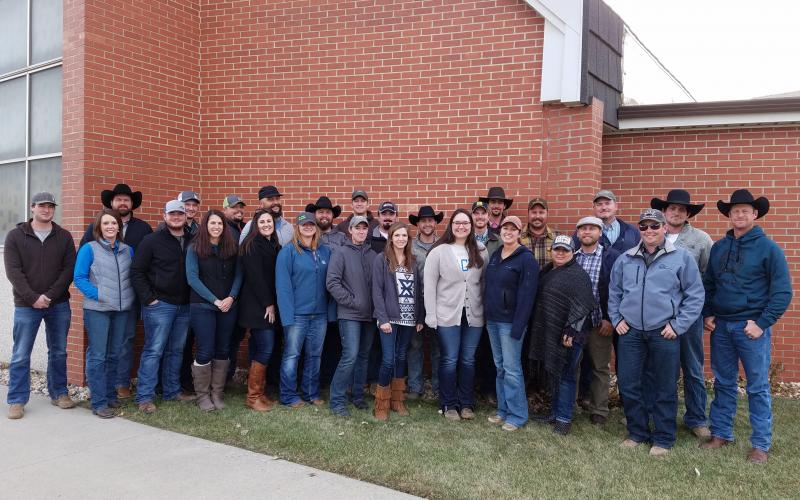
Impact
SDSU Extension meets the changing needs of South Dakotans with progressive outreach services, ranging from one-on-one interaction and forums to 24/7 online access through extension.sdstate.edu.

Choosing Vegetable Varieties for Your Area
Spring is coming and will be here before we know it. Gardeners are reading through catalogs, looking at that new variety of green bean, or maybe a gorgeous new tomato. The catalogs are written to hook you in by making these varieties look as good as possible. The photos are generally mouthwatering and the descriptions often seem a bit over-the-top.
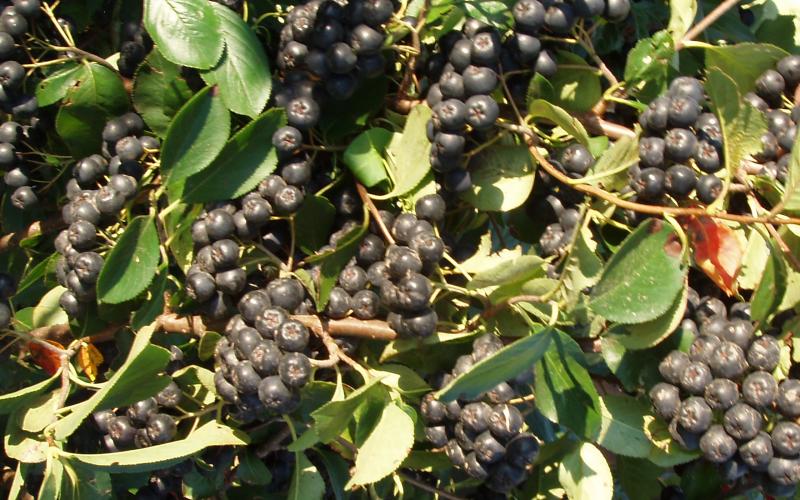
Aronia: Beautiful and Healthy
Aronia melanocarpa, or simply “aronia,” is an attractive shrub that has recently been gaining more attention in the Midwest – its berries are very high in antioxidants thought to be beneficial for human health.

Vegetables
Whether you are a beginner or have a green thumb, our tips will help your garden flourish.
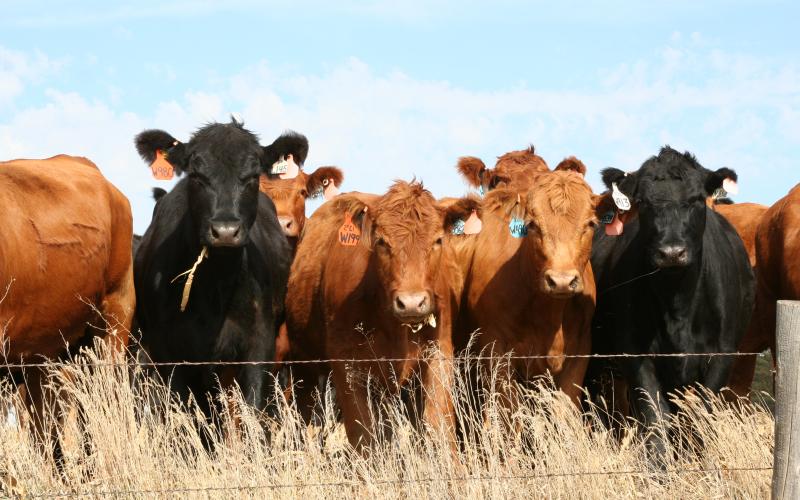
Heifer Selection and Genomics
Weaning is done and calves are hopefully getting settled into backgrounding yards. Now is the time to select replacement heifers and start them on a development plan that aligns with female management and breeding goals.